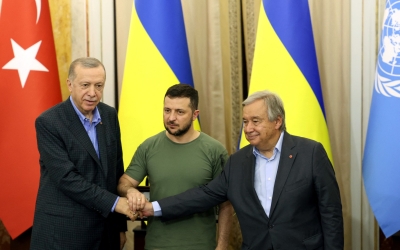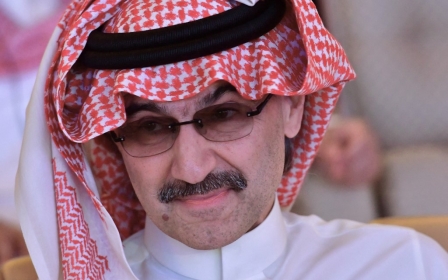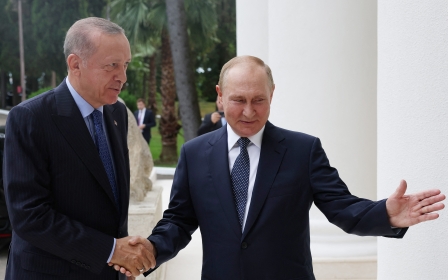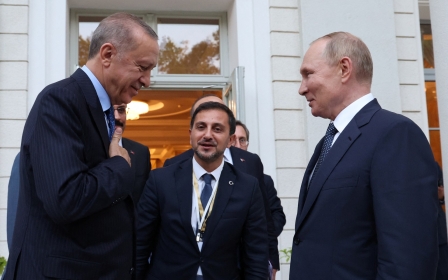US warns Turkey's leading business group of Russia sanctions risks
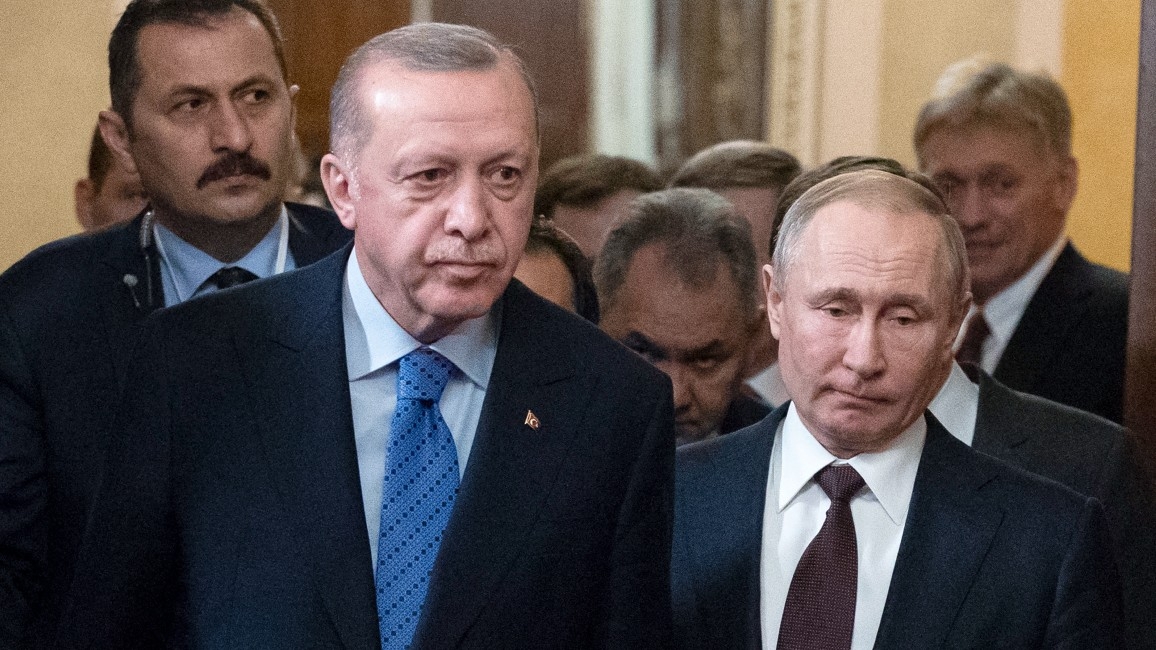
Turkey's leading business association said it received a letter from US Deputy Treasury Secretary Wally Adeyemo, warning of possible sanctions risks if companies establish relations with sanctioned Russian entities and individuals.
In a press release on Tuesday, the Turkish Industry and Business Association (Tusiad) said that it had shared the letter with the Turkish foreign ministry, finance ministry and trade ministry.
On Saturday, Adeyemo told Turkish Deputy Finance Minister Yunus Elitas that Russian entities and individuals were attempting to use Turkey to bypass western sanctions imposed over Moscow's war in Ukraine.
According to the Wall Street Journal, Ademayo spoke with his Turkish counterpart on Friday, where he raised concerns that Russians were using Turkey "to evade sanctions put in place by the United States and 30 countries" in a rare public criticism of Turkey over possible sanctions evasion.
The treasury official also made a visit to Turkey in June when he also raised concerns about Russian assets sheltered in the country, officials told the newspaper.
New MEE newsletter: Jerusalem Dispatch
Sign up to get the latest insights and analysis on Israel-Palestine, alongside Turkey Unpacked and other MEE newsletters
Turkey's treasury ministry, meanwhile, told Ademayo that "no institutions or individuals are allowed to violate the sanctions".
The news comes as Turkey doubled its imports of Russian oil this year. According to numbers from Refinitiv Eikon, reported by Reuters, Turkey increased oil imports from Russia beyond 200,000 barrels per day (bpd) this year, compared to just 98,000 bpd for the same period of 2021.
Earlier this month, the two countries agreed to set up a partial payment system for Russian gas in roubles, and Turkish banks were working on further implementing the use of a Russian card-payments system that is an alternative to Visa and Mastercard.
Turkey is one of several countries that have refused to agree to western sanctions to isolate Moscow over the invasion of Ukraine.
Turkish President Recep Tayyip Erdogan has sought to play a leading role in mediating the Ukraine conflict, while Ankara has also sought to reap the benefits of maintaining ties with both sides.
Russia supplies Turkey with more than a third of its natural gas and more than half of its grain imports. Turkey’s tourism industry, which is a key source of hard currency, is also heavily dependent on Russian visitors who numbered seven million in 2019, the largest number from any country.
An Istanbul-based lawyer who specialises in immigration through investment previously told Middle East Eye that Russians have been driving the country’s citizenship-by-investment programme this year.
Middle East Eye delivers independent and unrivalled coverage and analysis of the Middle East, North Africa and beyond. To learn more about republishing this content and the associated fees, please fill out this form. More about MEE can be found here.


